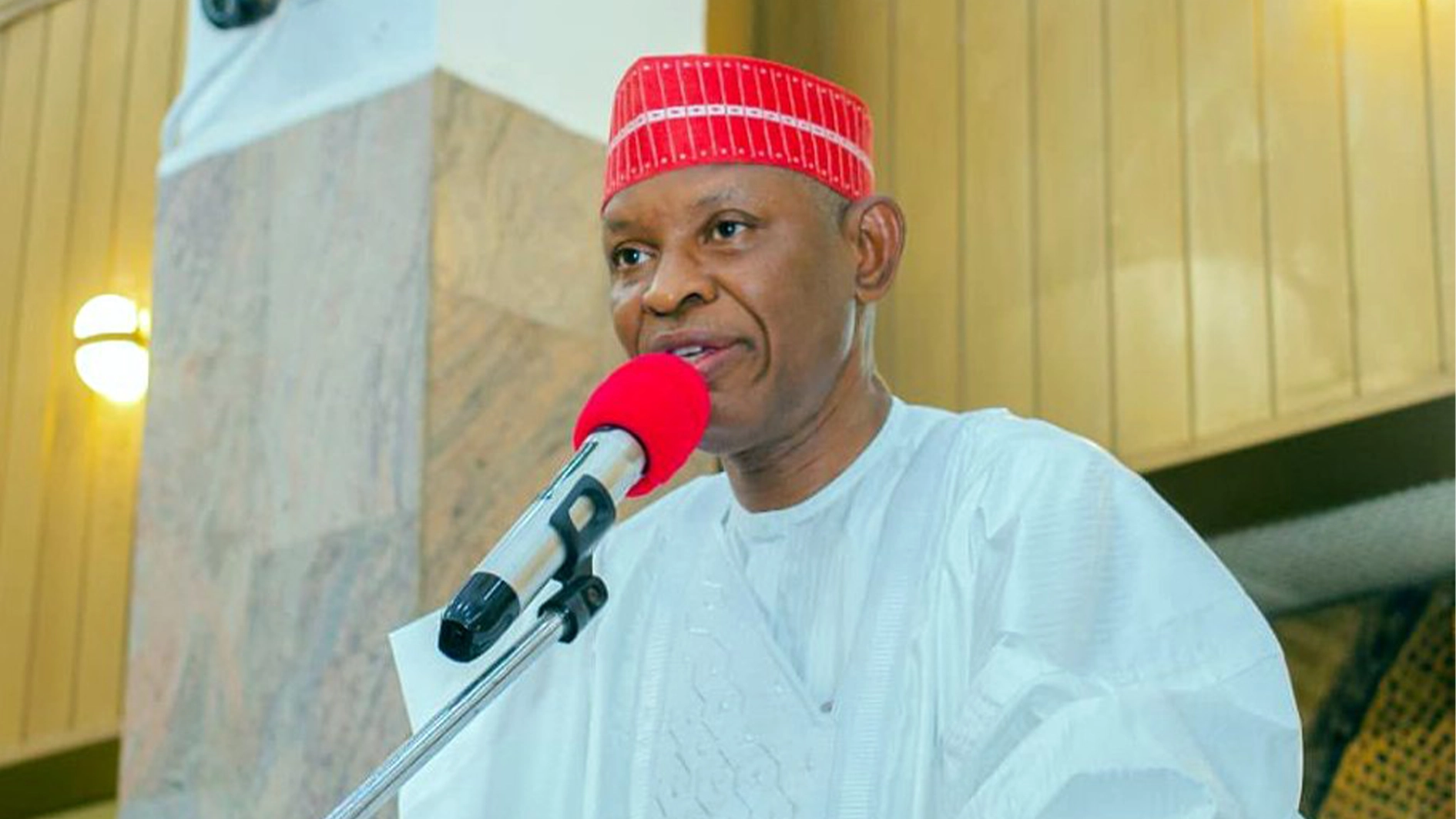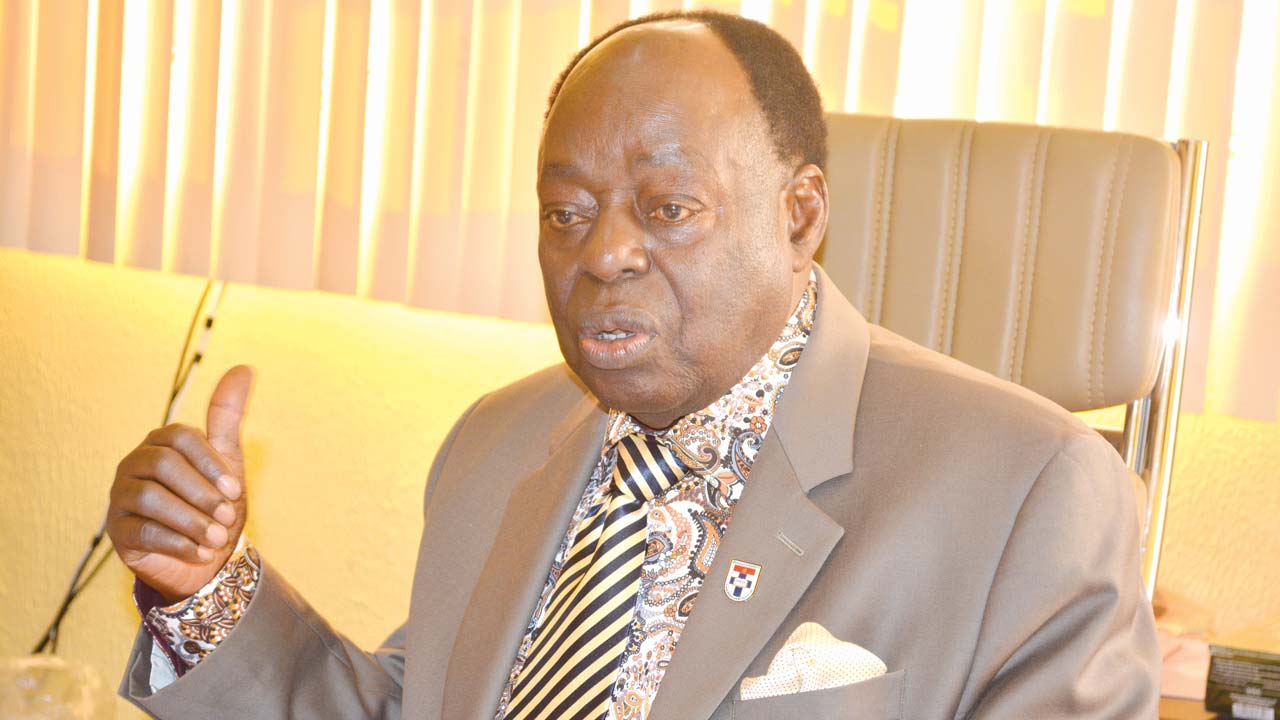
One is deeply appalled that none of Nigeria’s numerous trendy Business Schools, inclusive of the so-called prestigious Lagos Business School, has risen to the challenge of lecturing the International Oil Companies (IOCs) on the acute unorthodoxy and attendant heightened risks in their uneducated decision to relocate their respective headquarters out of their core areas of operations – the Niger Delta region. It is further confounding that apart from the then-Acting President Yemi Osinbajo’s flaccid directive to the IOCs to immediately return their respective headquarters whence they had come, no known serious action has been taken by the federal government to decisively address that anomaly; although the legislative arm thereof had belatedly risen to the same challenge, but that attempt met with embarrassing failure.
Recall that one Honourable Goodluck Opiah, in the 8th Assembly, had sponsored a bill demanding the IOCs to return their respective headquarters back to the Niger Delta region. But the bill surprisingly suffered a humiliating defeat. (I have not completely overcome my shock over that result; and have since wondered whether enough Nigerians drew the necessary lessons from the failure of that glaringly nationalistic bill) In contributing to the debate on the proposed bill, then-Speaker of the House of Representative, Yakubu Dogara, inadvertently revealed the abiding insensitivity of some of our elected officials: “I have no say in the decision of where a particular investor locates their headquarters,” the Speaker had gleefully declared in part. Surely, thinking patriots ought to see this as a most unfortunate remark from the 4th citizen of the country. Speaker Dogara, perhaps better than many another citizen of Nigeria, knows that Nigeria has the leading shares in all the IOCs, which fact confers on every Nigerian the status of stakeholder in those IOCs. Who then says Nigerians do not have a say in the dealings of selfsame IOCs, more so when such dealings impact directly on the wellbeing of the Nigerian citizenry?
Furthermore, and this is my point about Nigeria’s multiplicity of Business Schools, the elementary principles in Risks Management stipulate that business owners and, or business promoters should not only fully engage all identified stakeholders, but should also be seen to have fully engaged all identified stakeholders, in order to keep associated business risks to the barest minimum. Clearly, therefore, the IOCs have acted in gross breach of those time-honoured principles. Because in unilaterally moving their respective headquarters out of the Niger Delta region, they are simply refusing to engage their respective host/impacted communities, fully. By the bye, that ill-thought out decision ironically confirms the age-old principal complaint of the hydro-carbon bearing communities in Nigeria: “The oil companies do not carry us along,” this is interpreted to mean refusing to fully engage the host/impacted communities. That hard-to-fathom refusal to comprehensively engage host/impacted communities lay at the centre of the problems in the Niger Delta region.
Perhaps it is necessary to state here that there are, as of to-day (2019), enough extant laws in our statute books, which recognize host communities as bona fide stakeholders in all major projects within their domains, or in all projects that impact their socio-economics and environments. The provisions of all such laws require that project owners/promoters fully execute a well articulated Memorandum of Understanding (MoU) with would-be host/impacted communities prior to embarking on project development proper. But, not unlike the IOCs’ wanton breach of enlightened Risks Management principles, projects proponents in the Niger Delta region notoriously treat that legal requirement with open contempt, while the socio-economic and environmental consequences thereof build up. In the twenty-first century the manifestations of that devastating build-up stands in bold relief before a startled global community.
The widely documented grim details of those social and environmental devastations in the Niger Delta region cannot bear recounting here, but thankfully, the global community is responding positively to those scandalous devastations of whole communities. Typically, it is sad to observe, the federal government has yet to rouse itself to implementing the Phase 1 of the United Nations prescribed clean-up and remediation of parts of the Niger Delta region, over half a decade following. For its part, the World Bank, among other laudable projects, is vigorously pursuing its millennial Sustainable Development Goals (SDGs) for developing countries that have been certified ecologically sensitive. Nigeria’s Niger Delta region is a leading member of that hapless club. In addition, and rather inspiringly, no less a global platform than the all-powerful World Economic Forum in her latest editions, has made stakeholders capitalism the preferred variant of economic exploitations. What sets stakeholders capitalism apart from its predecessors of shareholders and state capitalisms respectively, is that stakeholders capitalism fully captures the social and environmental components in projects’ costing. So far, a little inspiration is coming from the global front for the seriously threatened communities of the Niger Delta region. On the national cum regional fronts, it is time the federal, state and local governments fully roused themselves from decades of slumber, and sternly call the IOCs to global order. And do so in the truest spirit of stakeholders capitalism. What’s more, there couldn’t be a more excellent opportunity so to do than the one offered by the rapidly unfolding controversy, as touching upon the Niger Delta Development Commission (NDDC), a commission purpose-specifically established to answer to the preventable lapses aforementioned herein. Namely, Nigeria should earnestly adopt stakeholders capitalism as an effective model for changing the soul-rending narrative of the Niger Delta regions.
Nkemdiche, an engineering consultant wrote from Abuja.






